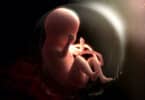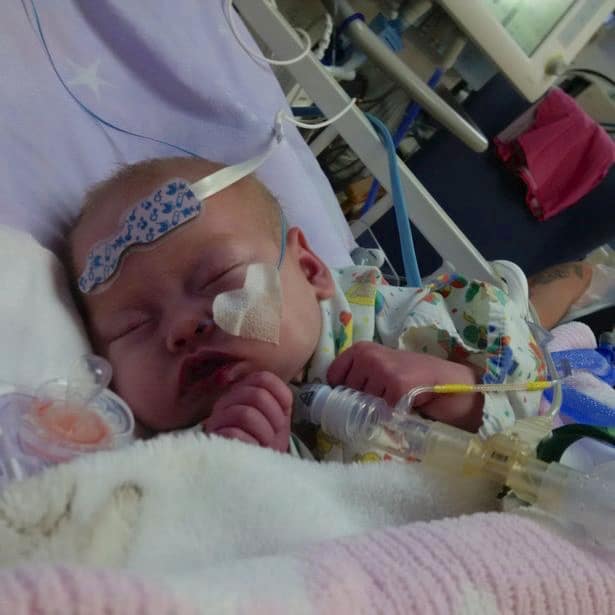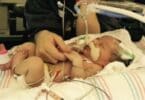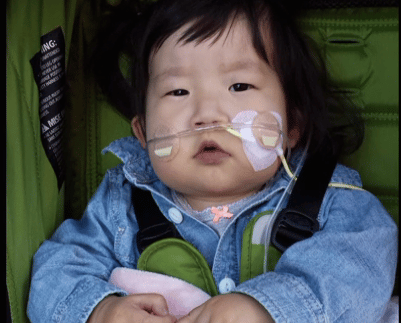Innovative measures have been taken by doctors due to the scarcity of infant hearts available for transplant. One such pioneering procedure involved giving 13-day-old Connor Geddes a new heart that did not match his blood type, intentionally.
Connor, now 11 months old and thriving, is among the few babies worldwide who have received mismatched hearts. This emerging practice aims to improve the survival rate of these incredibly fragile patients by taking advantage of their underdeveloped immune systems.
The United Network for Organ Sharing is now expanding this effort, suggesting that children up to the age of 2 may be eligible for an incompatible heart. This initiative aims to reduce the number of children, particularly infants and toddlers, who tragically pass away while awaiting a suitable organ transplant.
Contrary to previous beliefs, babies’ immune systems appear to gradually adapt to and accept an organ with a different blood type. By transplanting a heart before the baby’s antibodies develop, they have found that the survival rate is comparable to those who receive a matched heart. Dr. Lori West, the Canadian surgeon who pioneered these incompatible transplants, has been at the forefront of this groundbreaking approach since the late 1990s.
Although the scarcity of infant hearts remains a challenge, the option of mismatched transplants brings hope. In 2005 alone, 45 children under the age of 2 passed away while waiting for a heart transplant. As of last month, there were 74 infants on the waiting list.
Approximately 1 in 5,000 children are born with severe heart defects necessitating a transplant in their first year or two of life. Unfortunately, very few infants die in circumstances that allow their hearts to be donated.
Despite the success of mismatched heart surgeries, some transplant centers were initially hesitant to perform them. Concerns arose regarding the long-term outcomes and potential rejection in children receiving mismatched hearts. However, as more of Dr. West’s patients thrive years after their transplants, these worries are dissipating.
Determining the maximum age for performing this procedure is still unknown, as it cannot be done on adults. Antibodies to different blood types begin to develop in babies between 5 months and 2.5 years of age, varying from child to child. Age is only a rough indicator, and thorough blood tests are crucial in assessing whether a child is a suitable candidate.
In light of these advancements, the United States has recently adopted a new policy, effective later this year. It allows the use of mismatched hearts in children up to the age of 2 as long as antibody tests confirm their eligibility.
Many transplant centers are currently focusing on mismatched transplants in infants before progressing to toddlers. Last March, Connor Geddes became Pittsburgh’s first recipient of this procedure at just 13 days old. With a heart from a Type B donor, Connor defied expectations and is now thriving alongside his older brothers.
This transformative approach offers hope for saving more young lives and reducing the long wait times for suitable organs.
SOURCE: MSNBC






